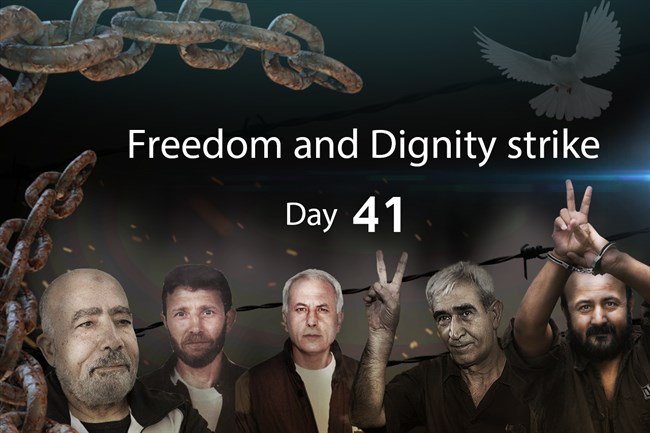A Brief Colonial History Of Ceylon(SriLanka)
Sri Lanka: One Island Two Nations
A Brief Colonial History Of Ceylon(SriLanka)
Sri Lanka: One Island Two Nations
(Full Story)
Search This Blog
Back to 500BC.
==========================
Thiranjala Weerasinghe sj.- One Island Two Nations
?????????????????????????????????????????????????Monday, May 29, 2017
Palestinian hunger striker recounts his ordeal in Israeli prison
'If we were feeling ill, the guards would just say we should start eating'

Mahmood Amil Rimawi (MEE/Alastair Sloan)
Alastair Sloan- Sunday 28 May 2017
RAMALLAH, West Bank - Israeli
prison staff denied them sleep, medical treatment, access to lawyers
and routinely beat Palestinian hunger strikers, one who was freshly
released told Middle East Eye.
More than a thousand prisoners had been refusing food since 17
April until a surprise deal was reached on Saturday - many details of
which are yet to emerge. The strike has since been suspended.
Mahmood Amil Rimawi, a 22-year-old former firefighter, had just served a
two-and-a-half year sentence for throwing Molotov cocktails at Israeli
soldiers on Palestinian territory.
Rimawi was released on Thursday into hospital after serving most of his
sentence at the isolated Negev prison. He said 200 prisoners had been on
strike there, and added that 25 were in "serious" medical condition and
10 in "critical".
"I heard other prisoners being beaten," Rimawi told MEE at his home, as a
constant stream of well-wishes arrived to congratulate him on his
release. "The guards would bang their truncheons on the doors at night
so we could not sleep.
After 40 days, Palestinians suspend mass hunger strike in Israeli prisons #Palestine #Israel http://www.maannews.com/Content.aspx?id=777343 …
"On the first day of the hunger strike, they confiscated our clothes and
brought us a new set. We weren't allowed to change our clothes once
while we were striking," he said, adding that the prisoners were denied
access to lawyers throughout.
"If we were feeling ill, the guards would just say we should start eating," he said.
Rimawi, who ceased his hunger strike upon leaving prison, told MEE that
his weight had dropped to 57kg from 80kg during the 30 days he refused
food. Nevertheless, he felt his strike embodied an important message.
"I was very hungry at the start of the strike, after a week it was
terrible," Rimawi said. "After that I never thought to stop striking, I
remembered why I was in this state and that it was my decision. It was
about fighting for dignity."
According to Rimawi, Israeli guards would shout at prisoners who had
passed out and only transfer them to hospital if they failed to wake up.
After a short period of transporting prisoners in critical health
conditions to outside facilities, the Israeli prison services set up
medical centres inside prisons to treat strikers directly.
"Anything can happen inside there," a Palestinian spokesperson for the
Commission of Detainees & Ex-Detainees Affairs said, calling the
arrangement "serious and dangerous".
An emailed request for comment sent to an Israeli prison official had not been answered at the time of publication.
While most prisoners drank water mixed with salt to maintain their
stomach linings, Rimawi said some of his colleagues eventually began
refusing water in a bid to bring negotiations to a close.
The strike was called by imprisoned Fatah leader Marwan Barghouti to
protest against solitary confinement and "administrative detention,"
which is the practice of holding Palestinian prisoners without trial or
indictment. Barghouti had also demanded that prisoners have access to
phone calls under Israeli monitoring.
Barghouti was among the last to be treated outside the prison walls, as
79 in total were admitted to clinics nearby before being re-interned on
Thursday.
The exact terms of Saturday's deal are yet to be made public, but the
strike was ended after late-night talks between the International
Committee for the Red Cross and the Palestinian Authority.




